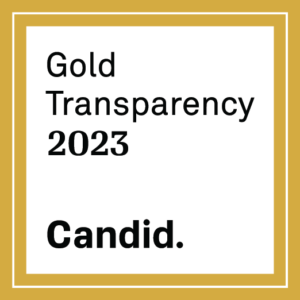Pride season carries mixed emotions for me. Of course, I love the people watching, flamboyance of the queens, adorable couples, and the joy of being around others that can present themselves in the way that is comfortable for them. Pride also reminds me that the struggle for equity is not over. We can’t ignore injustices that are taking place against marginalized communities.
When I figured out that I liked women, I was a 19-year-old Private in the Army stationed in Germany. This realization was about a year before the military’s “Don’t Ask, Don’t Tell” policy was implemented, so I kept the straight façade so I wouldn’t get kicked out. I couldn’t truly enjoy Pride with my friends, even if we were hundreds of miles away from where I was stationed because the reasonable suspicion of being gay during that time was enough to terminate my enlistment. I took the military’s concepts of teamwork, blending in, and not standing out to shake off any question of being gay. In addition to keeping myself closeted, I had to remain cognizant of the intersectionality as a black lesbian in the military to make sure my interactions with my soldiers, peers, and supervisors was beyond reproach. I understood that being “squared away” and going above and beyond at work would keep me off the radar. Hiding during that time was necessary but made me feel like a coward. We needed to show that the LGBTQ community was no different from the rest of society. The only way to do that was through visibility.
You can’t understand what you can’t see. As humans, what we see, how we interact with our world shapes our understanding. What we visualize through media, through participating with others in our communities in celebration, rallies, volunteering, and protesting provides a means to see the triumphs and tragedies of humanity. We want to be involved and make the world a better place for those who come after us. Showing that members of the LGBTQ community are in every category that can be identified gave credence that we share more similarities than differences. And that idea played a substantial role as we continue to work towards equitability.
Just 50 years ago, members of the LGBTQ community stood up to a police raid at the Stonewall Inn. The Stonewall riots came about because members of our LGBTQ community were tired of the harassment and brutality by the police and society in general for our very existence. Our community has taken this uprising as a time to celebrate the joys, accomplishments, and advocacy in being who we are during Pride celebrations across the country and around the world. The rainbow flag we fly signifies the breadth of our community across the spectrum of race, gender, orientation, disability, national origin, age, political views, beliefs, and ideologies. Our community is as diverse as the society we live in, because we are part of society. The LGBTQ community has won some rights in society, but we still have problems within our family with racism, xenophobia, transphobia, and inclusivity. These issues are not unique to the LGBTQ community, but in our society as a whole.
I am Black. A woman. Lesbian. Veteran. I only chose one of these identifiers through my service to this nation. I can’t separate any of these parts from each other because they make up who I am. My emotions are enflamed as I see yet another instance of police brutality against the communities I am part of. I am exhausted and frustrated that we aren’t using the intersectionality within these groups to become better and seek reforms from those who are supposed to keep us safe.
The fight for equity is not over. As we celebrate Pride’s 50th year, I encourage all my LGBTQ family and allies to do what you can, where you can, to ensure accountability and equitable treatment of our community, especially our black, brown, and transgender family. Pride is not just a time to reflect on how far we’ve come, but to remember our power as we continue to push towards becoming a more perfect union. We can honor our Stonewall roots by being active to create change for marginalized communities. If we don’t stand up with our black, brown, transgender, and other marginalized communities within and outside the rainbow community, we can’t expect them to stand with us.


